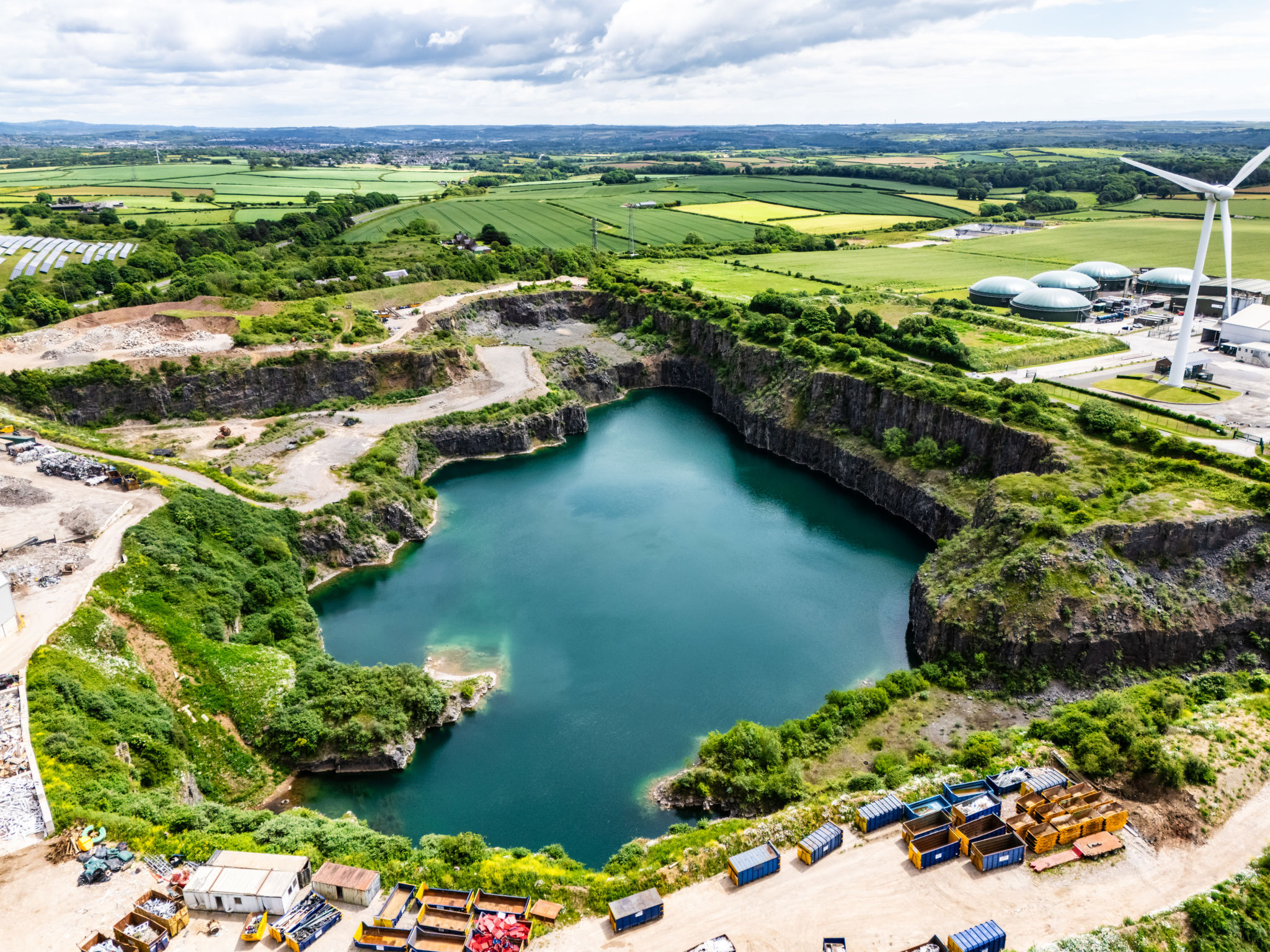Case Study: Successful Implementation of Water Management Solutions in Dover's Mining Sector
Introduction to Water Management in Mining
In recent years, the mining sector has faced increasing pressure to adopt sustainable practices. One crucial area is water management, as mining operations often require significant water resources and can impact local water systems. In Dover, a successful implementation of innovative water management solutions has set a benchmark for the industry.

Challenges of Water Management in Mining
Mining operations pose numerous challenges for water management, including the need to reduce water consumption, manage wastewater effectively, and prevent contamination of local water supplies. These challenges are compounded by regulatory requirements and environmental concerns.
Specifically, Dover's mining sector faced issues such as heavy metal contamination and excessive water usage. Addressing these challenges required a comprehensive strategy that leveraged technology and best practices.
Implementing Innovative Solutions
The successful implementation in Dover involved several key strategies. First, the introduction of advanced filtration systems to treat wastewater effectively. This technology reduced contaminants to safe levels, ensuring compliance with environmental standards.
Additionally, the adoption of water recycling systems allowed mining operations to reuse water, significantly cutting down on overall consumption. These systems not only preserved local water resources but also reduced operational costs.

Collaboration and Stakeholder Engagement
A critical component of the success in Dover was the collaboration among various stakeholders. Mining companies worked closely with local governments, environmental organizations, and technology providers to implement solutions tailored to the region's specific needs.
This collaboration ensured that all parties had a vested interest in the project's success, fostering a sense of community responsibility and shared goals.
Results and Impact
The results of these efforts have been remarkable. Dover's mining sector has seen a 50% reduction in water usage, along with significant improvements in the quality of discharged water. These achievements have been recognized both locally and internationally as a model of sustainable mining practices.

Lessons Learned
The Dover case study offers valuable lessons for other regions facing similar challenges. Key takeaways include:
- The importance of integrating advanced technology for effective water management.
- The need for collaboration among stakeholders to ensure successful implementation.
- The benefits of proactive environmental responsibility in enhancing operational efficiency and reputation.
Future Prospects
Looking ahead, Dover's success story could inspire further innovations in the mining sector. As technology continues to evolve, there exists potential for even more efficient water management systems that could revolutionize the industry on a global scale.
The commitment to sustainability demonstrated by Dover’s mining sector is a promising sign for the future, highlighting how environmental responsibility can coexist with industrial progress.
Conclusion
The case study of Dover's mining sector illustrates the positive outcomes that can be achieved through innovative water management solutions. By embracing technology and fostering collaboration, the industry can address environmental challenges while maintaining operational efficiency. This approach not only benefits the local community but also sets a precedent for sustainable practices worldwide.
